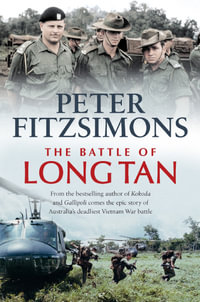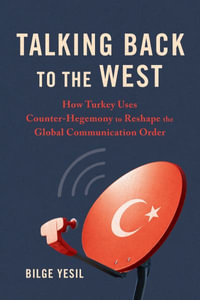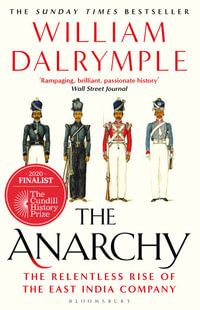This book challenges the common perceptions of Australian dependence upon great-power allies in the conduct of its foreign relations through a critical examination of Australia's relations with the People's Republic of China. The author focuses on the economic and political dimensions of the policy-making process from the founding of the PRC in 1949 to the present era, against an analytical framework that takes into account both internal and external factors in the formulation and implementation of Australian foreign policy. Informed by political science and international relations, the book differs from the conventional literature on Sino-Australian relations, which has either focused on pure economic analysis or concentrated on chronicling historical events. The author weaves theoretical insights from political science and international relations into the historical analysis while seeking to examine the interplay between political and economic factors over time in shaping policy outcomes. The book draws not only on primary and secondary sources but also on information and insights obtained from interviews with a vast array of direct participants in the policy process, including almost all the former ambassadors from both China and Australia, covering the entire period of the diplomatic relationship. As a result, the book breaks new ground, especially from the Hawke era onwards, revealing hitherto overlooked details of interest in the policy process.
Industry Reviews
'... provides new insights into the Australia-China relationship since 1949 by taking an innovative approach grounded in political science and international relations theories. It challenges the conventional wisdom about Australia's dependence on "great and powerful allies", and examines the interactions of trade and politics in Canberra's foreign policy-making process. It makes a significant contribution to the literature that has hitherto been dominated by historians and economists.' Edmund S. K. Fung, University of Western Sydney, Australia 'The chief value of anniversaries is to reflect on how we reached this point and find lessons for the way forward. This book by Yi Wang is therefore timely, as it outlines Australia's relationship with China, beginning in 1949, and focuses on change and continuity in Australian foreign policy. It is a very convenient reference work, listing all the crucial trigger points of the bilateral relationship, and a useful historic extension of other accounts that begin only in 1971 or 1972.' The China Journal '... this book represents a very useful reference work that will inform and guide any student or scholar of Australian foreign policy.' Pacific Affairs









![KJV Gift And Award Bible Red Letter Edition [Black] : Holy Bible, King James Version - Zondervan](https://www.booktopia.com.au/covers/200/9780718097905/7913/kjv-gift-and-award-bible-red-letter-edition-black-.jpg)














